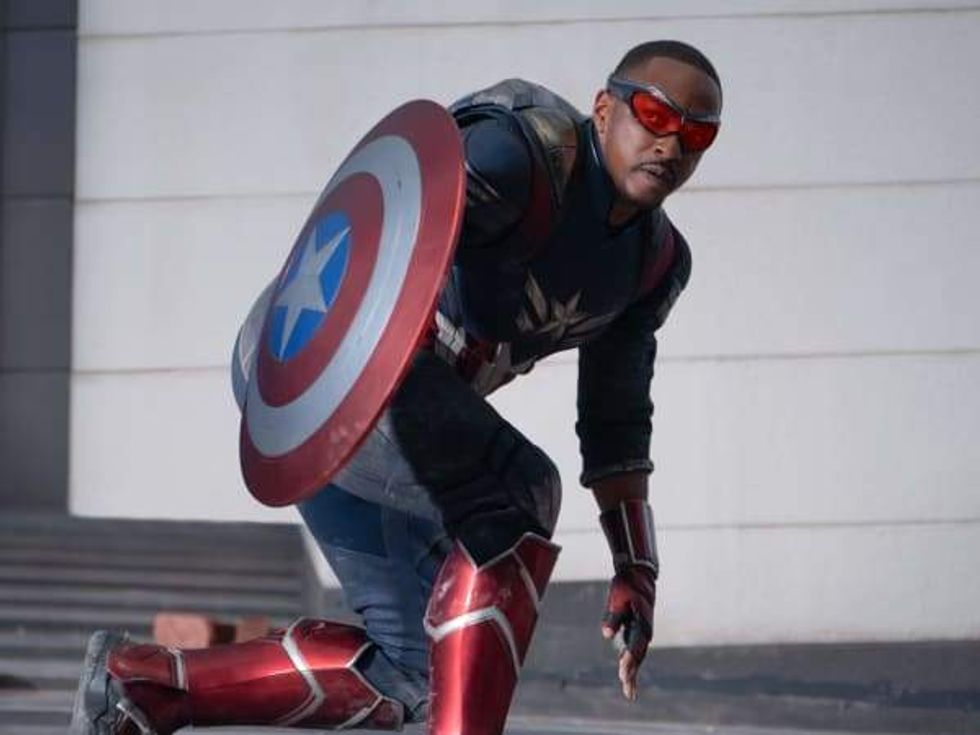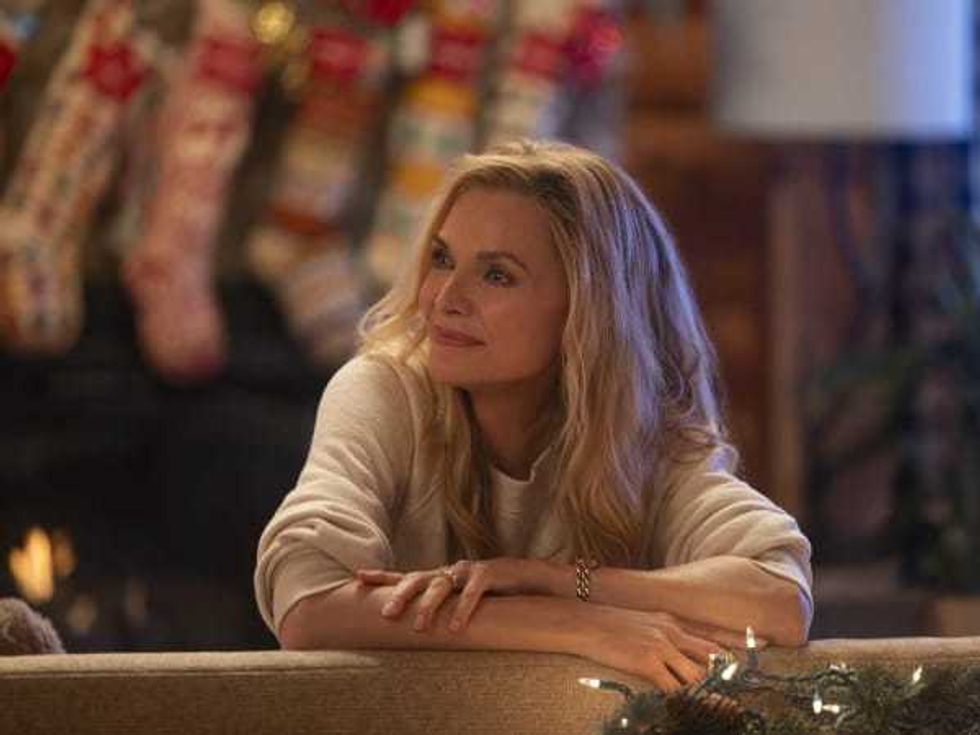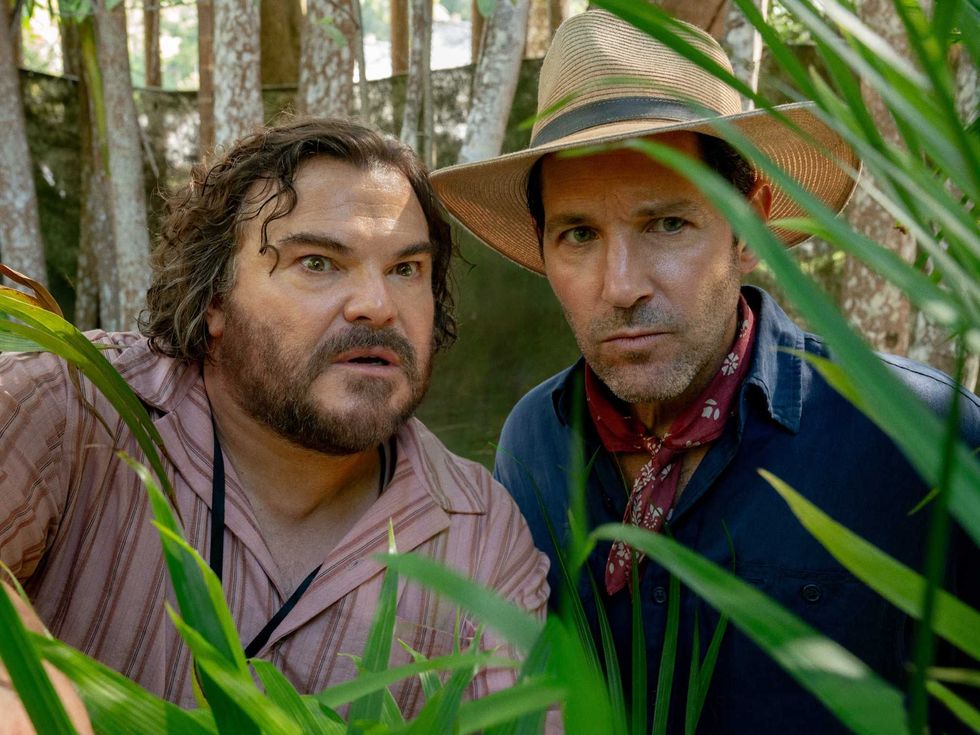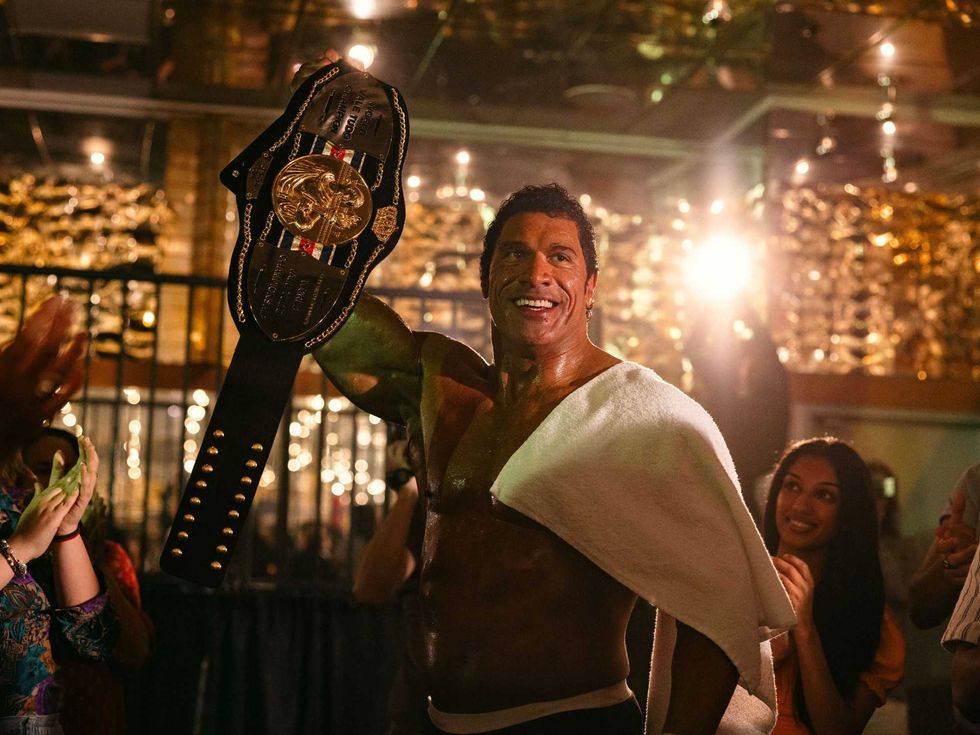Rare Birds
Jazz saxophonist Mindi Abair recalls great advice from Randy Jackson & the joysof playing live
 Mindi AbairPhoto By Reisig & Taylor
Mindi AbairPhoto By Reisig & Taylor Mindi Abair's In Hi-Fi Stereo
Mindi Abair's In Hi-Fi Stereo Mindi AbairPhoto By Reisig & Taylor
Mindi AbairPhoto By Reisig & Taylor
Women rock. But you knew that right? No? Well, that’s not entirely your fault. You’d be hard pressed to find a cover of Rolling Stone magazine featuring a woman, fully dressed, and holding a musical instrument that she can actually play.
Maybe mainstream media isn't ready to acknowledge the fact that women who can play, sing, and produce, are everywhere in music right now. Fine. In the meantime, women will continue to shake up the music industry in unprecedented ways.
What I’m finding is if you’re a great live band, if you’ve gone out and hit the U.S. or the world and you’re a great band live and people come to see you night after night, you’ve got a career.
Saxophonist, singer, and composer Mindi Abair is part of this welcome sea change in popular music, although her musical background is a little more complex than that of many “pop” stars.
Her resume includes playing saxophone with the Backstreet Boys and Duran Duran, but she cut her teeth as a player touring with jazz pianist Bobby Lyle in a band that included former members of Weather Report and Earth, Wind & Fire. She’s recorded several hits as a so-called pop instrumental or smooth-jazz artist, but she names women like Tina Turner and the always-idiosyncratic Rickie Lee Jones as early inspirations.
Abair's new CD, Hi-Fi Stereo, sits somewhere between Sharon Jones and the Dap-Kings and Mocean Worker, with juicy arrangements inspired by the sax and piano driven party music of the 1960s. Abair appears on the cover of the CD dreamily digging a stack ‘o sides (vinyl records) with Oliver Nelson’s album Soul Battle nearby next to an old record player.
Hi-Fi Stereo's last track, “The Alley,” features Abair’s father, Lance Abair, on Hammond B-3, bringing it all back to home to the music that first set his daughter on a path to study jazz while planning to be a rock star.
Abair, along with fellow saxophonist Kirk Whalum, joins guitarist Peter White Wednesday night at the House of Blues for a special Christmas show. She recently took some time to talk with Rare Birds about the early stages of her career, the joy of vinyl records (word), and the state of the music industry as we head into 2012.
CultureMap: Was there a time when you were a student at the Berklee College of Music, as you were learning more and more what you wanted to do creatively and career-wise, where you just thought: “I just want to leave school. I just want to get out to L.A. and do this!”
Mindi Abair: Oh, absolutely…
CM: What kept you in school?
MA: At a certain point I was playing six or seven nights a week and going to school and I just thought, “I don’t need the piece of paper. No one’s gonna hire me because I’ve got a piece of paper saying I have a degree in music!”
So I called up one of my friends, the only person I knew that lived in L.A. He was friends with Randy Jackson, who at that point wasn’t on American Idol, he was an A&R guy at Columbia. (My friend) said, “I want you to call Randy, talk to him, and see what he has to say about leaving school early.”
I called Randy Jackson and he said, “L.A. or New York are incredibly big markets. Each city has an incredible amount of fine musicians. Really excellent musicians …and they’re going for it. So you’re walking into a situation where you need to be as experienced as possible and as ready as possible when you get here. It’s gonna do you no good to walk in and be in the right club and be in the right city and not be ready.”
I thought that was good advice. I took it. I stayed in school.
CM: Is it true Bobby Lyle heard you playing on a street in Santa Monica, Calif., took your card, and then hired you to play on his “Power of Touch” CD and tour with him?
MA: All true. I came to L.A. (after Berklee) and quickly realized it was a very hard town to break into as a musician…I would try to sit in at different jam sessions, I would try to get my band booked in places and it was really rough. Really rough.
I had a job as a waitress when I first got (to L.A.) because I just needed to pay the rent…but I just said, “This is not what I came here to do.” So, I quit the waitressing job and went out on the street and just played. And I made my rent for quite a few months…and it turned into other gigs. People would come up and hire me for things, and one of those people was Bobby Lyle. I recognized him right as he walked up…he just stood and listened for quite awhile. And after I was done with one of the songs and he just said, “You know, you’re really good. I should hire you!” And I said, “Yeah, you should hire me!”
The band was just phenomenal. And they showed me the ropes, you know? They showed me the ropes as far as being a professional in the music industry and being prepared. How to shape a solo, how to perform…those guys just really brought me up a notch.
And from there things snowballed. Other people started calling me for shows and for tours.
When I was in Houston last (for the Houston International Jazz Festival) I brought him onstage, introduced him and told the story.
CM: Were there things you said “no” to at that stage of your career?
MA: You know what? In the early days of me being in Los Angeles, I said “yes” to basically anything. A lot of weddings, I played a lot of parties for people. There were people who would hire me to just sort of stroll and play saxophone at different things…it was all for me a chance to play, which is what I desperately wanted to do.
I played in the men’s underwear department in Macy’s.
CM: That’s a good idea, actually! Great marketing.
MA: Macy’s asked me what department I wanted to play. I was single, you know?
CM: Well, yeah! What are you gonna do? The kitchenware section?
MA: No! That’s not interesting to me!
CM: Hi-Fi Stereo. I think you totally nailed it in harkening back to the sax driven music of the '50s and '60s, especially in the grooves and ensemble feel of the tracks. Was this an era of music that was unfamiliar to you before you made this record?
MA: Oh, definitely not. I grew on the road with my dad’s band, which was a blue-eyed soul band. And they played all this kind of old soul music. So what I was looking back towards (with Hi-Fi Stereo) was King Curtis, or Junior Walker…Ramsey Lewis who would mix that soul with a little bit of jazz…I was looking back to that era in general where you could hear the room around the musicians. You could hear people having a party in the room. There was no studio magic to it…that ear candy that people use now that I’ve used on past records. It was just what was in the room, at that time, and that vibe. I wanted to capture that.
CM: Somewhere in the press, you’ve mentioned Houston’s own Archie Bell and the Drells. “Tighten Up” is like the quintessential Houston jam.
MA: Yeah! “Tighten Up!” Come on! Archie Bell and the Drells! We were in my friend’s room just listening to old vinyl…I just said, “We gotta do something fun like that!” So we took the needle off and just started jamming.
CM: Going back to your college days or earlier, were there women in music who you looked up to? You mentioned Tina Turner earlier…
MA: I loved the way Tina Turner sang. And I loved the fact that she was so sexy up on stage but she rocked. It wasn’t this overtly sexy thing, but she just had this presence about her. She rocked, every note…I couldn’t sing like her, but with the saxophone, I could scream and sing like her.
As a kid I really loved Heart early on. Two girls, Nancy and Ann Wilson, and I just loved their songwriting. I loved the fact that they were strong women out there and just going for it and took notice that they were women. They were in a man’s world and they were rockin’ it just as hard as the guys.
Rickie Lee Jones struck a chord with me. I always thought she voiced her background vocals like a horn player. I just loved, loved her songwriting and the way she approached music.
Joni Mitchell – I actually met Joni Mitchell for the first time last night. I sing Joni Mitchell’s song “River” on the Christmas tour…she’s just a great role model for a woman. She says what she wants to say, she says it well, she’s beautiful just…herself, just her spirit. I was a little geeked out last night!
CM: CD sales are down, download sales are down, the economy is a disaster, and yet people seem to be consuming music in even more ways than ever before. From your perspective, is it harder to make a living now as a musician than it was say 10 years ago?
MA: What you said is totally correct. People are consuming music more so than ever before. Music is more of a part of our lives today than it ever was…it’s just everywhere…As a musician who has made a living playing music for most of my life, (technology) is changing the way that all of us are making a living.
What I’m finding is if you’re a great live band, if you’ve gone out and hit the U.S. or the world and you’re a great band live and people come to see you night after night, you’ve got a career. I think really that’s what it’s coming down to. I think it’s coming down to becoming a brand, which is really you. I think that blending in and sounding like other people is detrimental at this point. You really do have to have a style and a sound that’s your own. And then, you gotta be a great live act. That’s what people are spending money on at this point.
I just wrote a book about stage performance…in school they don’t talk to you about how to perform on stage. They teach you how to play scales and arpeggios and how to play over changes. But no one ever really taught me if you really want people to come back to your concert, if you really want to draw people to come see your band live, you’re gonna have to develop a personality, a live persona.
I figured…I should write down what I’ve learned. Write down all the mistakes I’ve made, my friends have made and we’ve seen other people make…and get it out there to people because it’s going to help them make a living at this point. It’s called How To Play Madison Square Garden.
But I don’t know if I would have written that book if this kind of revolution occurred in the music business. It is such a different animal today making a living as a musician than it was just a couple years ago. Many other revolutions have occurred in the music business and other businesses…you just morph and go with it.
And I love touring! So, it’s great. I can stay out on the road with my band.
A Peter White Christmas with Mindi Abair and Kirk Whalum happens 8 p.m. Wednesday at the House of Blues.
Below, Mindi Abair and Lalah Hathaway performing "It's a Man's Man's Man's World" from Hi-Fi Stereo.











